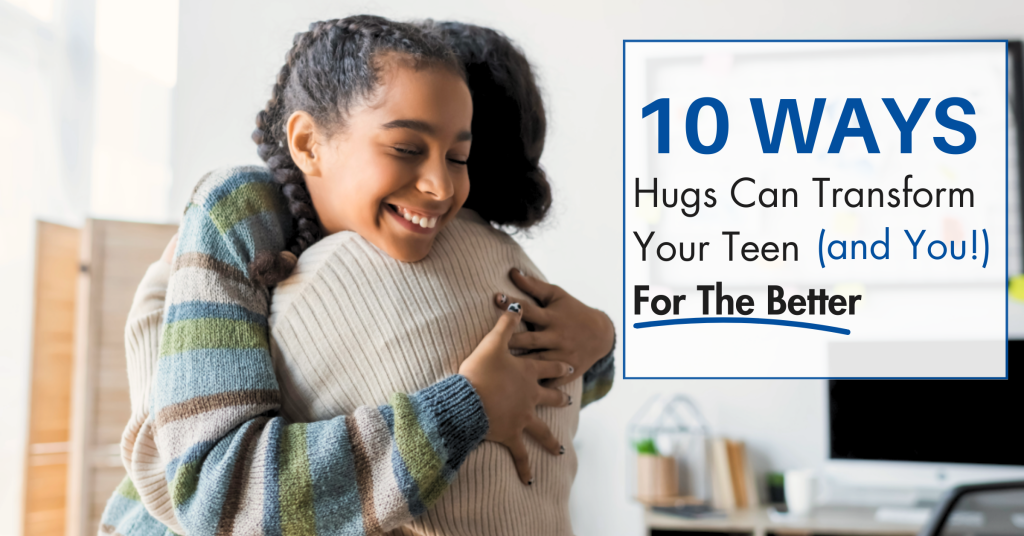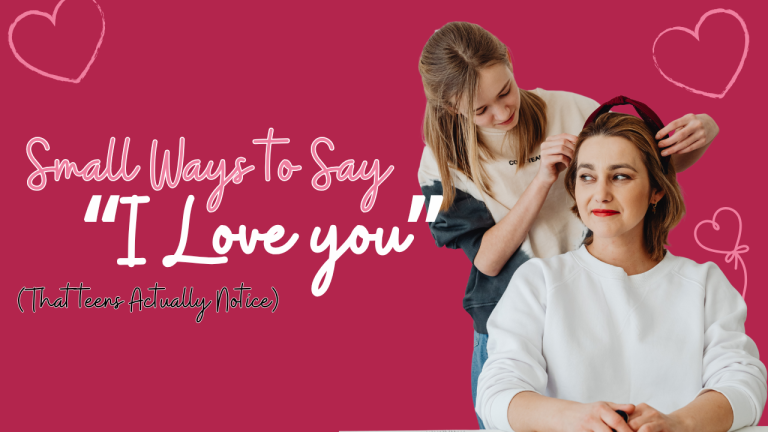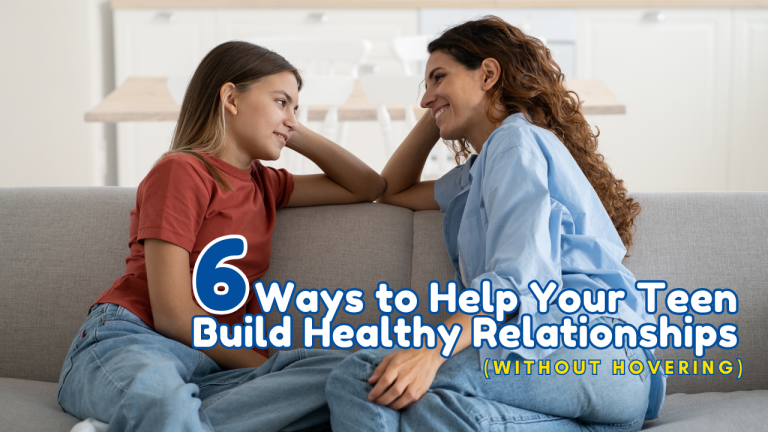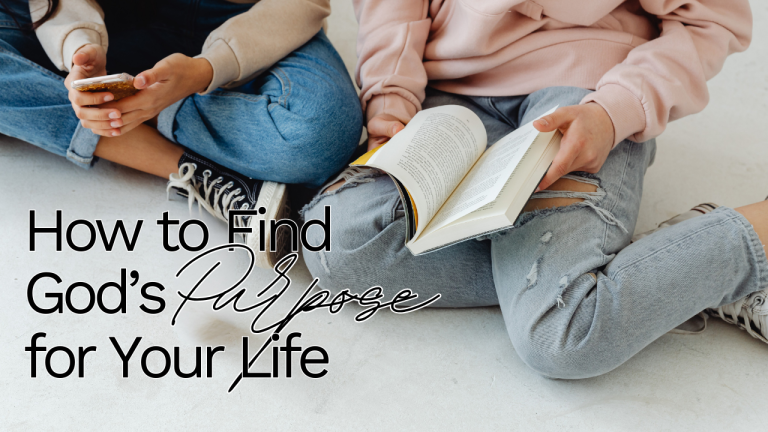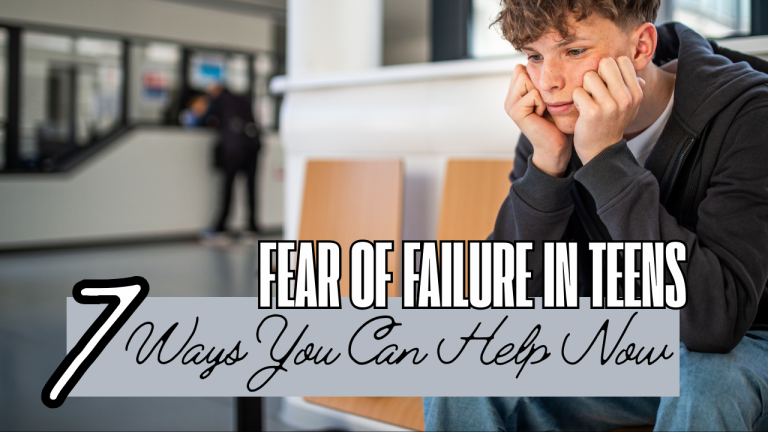She had been angry and violent, and no one could figure out how to reach her.
When she came to House of Hope as a hurting and troubled teen, Cheryl didn’t want to comply with any rules and continuously fought with her housemates, even becoming violent. The house staff, who are trained to handle challenging teens, had tried everything, but nothing seemed to change.
That’s when House of Hope Founder Sara Trollinger came on the scene. It was close to midnight when Sara arrived at the house one night after receiving a phone call from one of the house staff. Cheryl had thrown an object at one of the other residents, knocking out her teeth. Scared, all the other residents ran out of the house for fear that they might be hit or get hurt. Upon arrival, Sara entered the house where Cheryl was. Thinking she was going to be punished, Cheryl kept her distance from Sara.
Instead, Sara invited Cheryl to sit with her in the rocking chair in the room. It was there, in Sara’s long and loving embrace, that Cheryl began to heal. “She put me on her lap and hugged me, and I cried and cried. I think it was the first time I had cried,” Cheryl said.
Sara hugged her and rocked her until she fell asleep.
“That was the changing point in my life,” Cheryl said.
The Power of a Hug
Sometimes in life, you just need a hug.
No words, no advice, just a good, strong embrace.
There is so much research on how to help teens overcome their myriad of struggles and no shortage of suggested remedies. But what about the power of a simple hug? We’re not saying a hug is a cure-all for all that troubles teens today, but the research is in, and we’re willing to put a stake in the ground and declare that one often overlooked act just might make all the difference in your teen’s outlook on life—that of a hug.
Before you shrug off this seemingly simple approach to improving your teen’s life and attitude, let’s dive into the 10 ways hugs can transform your teen (and you!) for the better—backed by scientific research!
1. Hugs Increase Happiness
Scientists sometimes call Oxytocin, a chemical in our bodies that is associated with happiness, the “cuddle hormone.” That’s because oxytocin levels have been found to rise when we hug, touch, or sit close to someone else. When you hug your teen, you help reduce the stress hormone norepinephrine and increase oxytocin in both you and your teen. This helps to promote feelings of contentment, which reduces stress and even lowers blood pressure.
Oxytocin has also been shown to reduce pain, including that associated with headaches or cramps, which can help teens who experience these discomforts.
2. Hugs Reduce Stress and Anxiety
According to the National Institute of Mental Health, 1 in 3 teens ages 13 to 18 will experience some type of anxiety disorder. Even more concerning is that these numbers have been steadily increasing. Causes vary and include high expectations at school and in sports, the uncertainty of the world today with COVID lockdowns and disturbing world news, and the negative effects of social media.
Physical touch, including hugging, has been found to reduce cortisol levels in the body. When cortisol (a stress hormone) is reduced, it can alleviate feelings of stress and anxiety in teens.
A hug from you (when it is well received) will also provide emotional support and reassurance, helping your teen navigate their feelings and develop healthy coping mechanisms for stress and anxiety.
3. Hugs Improve Sleep
Teens need sleep! Lots of it. And if they aren’t getting enough, it can significantly impact their mood and overall sense of well-being. The good news? Hugging is a drug-free, stress-free way to improve sleep for you and your teen. This is partly due to the relaxation effect of oxytocin, as we mentioned earlier. We all know how much sleep can impact our attitude. So give your teen a hug today and know that you’re contributing to better sleep, which will improve their mood, cognitive function, and overall physical health.
4. Hugs Improve Heart Health
Hugging can lower heart rate and blood pressure, two important components of heart health. This effect is likely linked to the release of oxytocin and the reduction of stress hormones.
5. Hugs Boost Your Immune System
With every benefit we’ve mentioned so far, it’s no surprise that hugs have also been found to boost your immune system. Studies have found that hugging provides emotional support that lends to a boost in your teen’s immune system, which makes your teen (and you!) more resilient to infection. So take your vitamins, get your rest, and get (and give) plenty of hugs!
6. Hugs Give People a Sense of Acceptance
Teens often struggle with a deep need for belonging and a sense of acceptance. Feelings of peer rejection, or even the threat of not being accepted, is far more stressful than most adults realize. Along with important activities like eating dinner as a family, family vacations, and other family bonding experiences, hugs also foster a sense of belonging and security in teens. While they may not always seem approachable, you may find that a hug can provide feelings of safety in your teen.
7. Hugs Improve Relationships
With fluctuating moods, teens don’t always give off a vibe that says, “Hug me,” but if you try asking for a hug yourself, you may be able to break down those barriers. When you show your teen that they are worth the effort, it can go a long way in sending a strong message of love and acceptance and improve your relationship. Hugging increases feelings of trust and security, which can strengthen the bond between you and your teen.
8. Hugs Promote Healthy Communication
While hugging is nonverbal, it can help promote healthy communication between you and your teen. When you hug your teen, you convey love and acceptance, breaking down any barriers in conversation. You are communicating to your teen that you are safe and accepting. In turn, this can lead to your teen coming to you for conversation about personal feelings, fears or challenges. Regular communication with your teen is so important. It allows you to be a voice of encouragement and wisdom (without criticism) in their lives.
9. Hugs Promote Positive Behavior
Research shows that teens who receive adequate physical affection from their parents are less likely to engage in risky behaviors such as drug or alcohol use or sexual activity. The positive effects of physical affection, like hugging, have been found to impact a teen’s emotional well-being, which, along with other family bonding activities, leads to better choices.
10. Hugs Show Love
Love never fails. First Corinthians 13 says it all! Love toward your teen is shown in so many ways: refusing to criticize, offering words of encouragement, spending time together, giving a gift, and more. A warm and sincere hug also expresses that love in an important way. And if your teen’s love language is physical affection, it is not just a nice gesture but a critical part of your relationship with your teen.
Sometimes, teens seem unreachable, unreasonable, or uninterested in connecting with you. But that could not be further from the truth. Your teen needs you more than anyone else in this world. They need your acceptance, your guidance, your encouragement, your presence, and yes, your hugs.
If you haven’t hugged your teen lately, we encourage you to make it a regular expression of love. It may not be warmly received at first if this hasn’t been part of your regular routine. It’s important that you don’t force the issue, or you’ll do the opposite of what you desire to do. If your teen seems a little standoffish, be sure to ask for a hug before moving in. You can even say, “I could sure use a hug,” to help lower their guard.
One thing is sure—we could all use more hugs.

